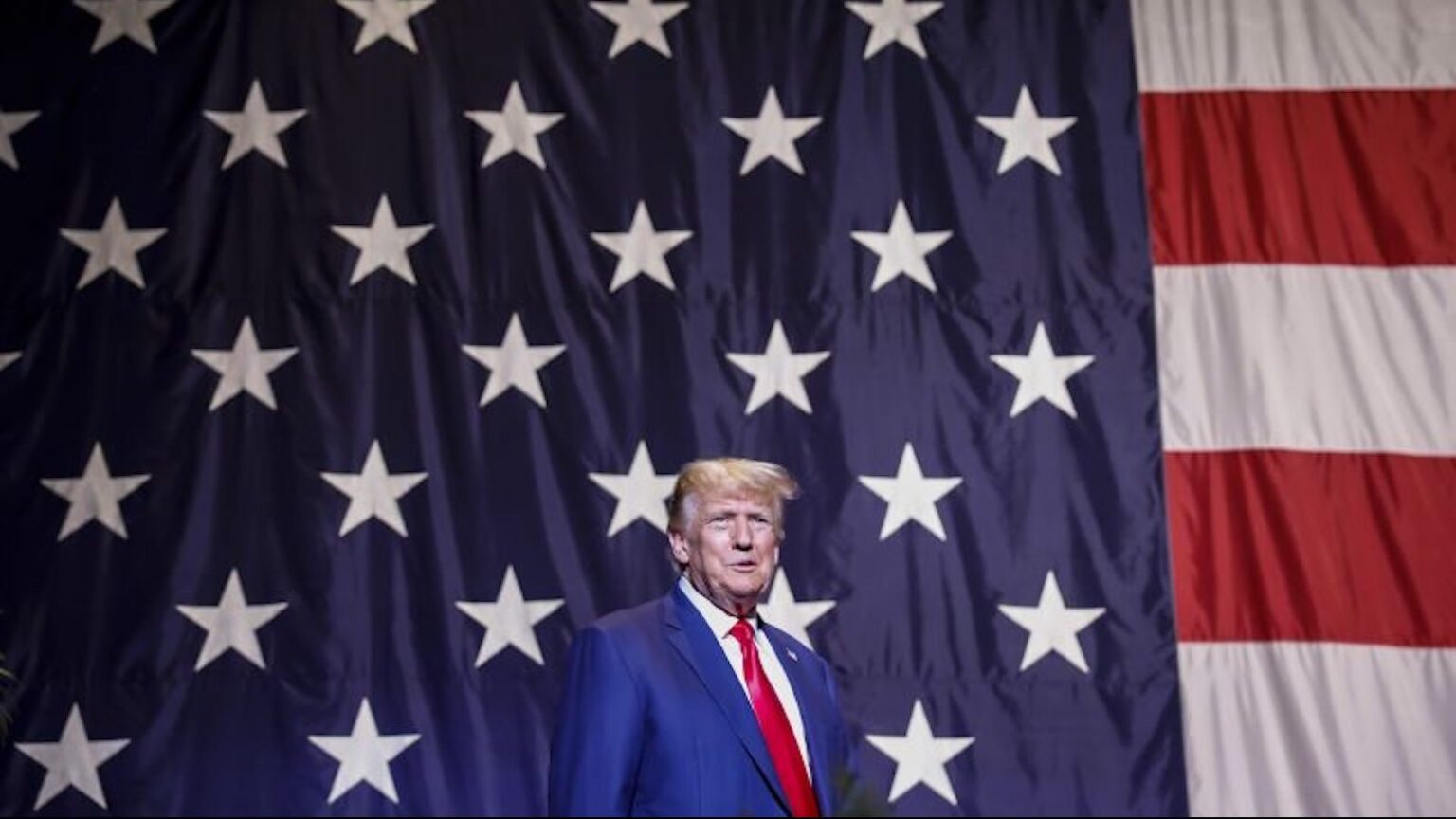
Dive into Trump’s indictment case: Is his run for office lost?
In a tumultuous political landscape, former President Donald Trump now finds himself embroiled in a complex legal quagmire involving classified White House documents.
With questions arising regarding adherence to legal norms and the Presidential Records Act, Trump has been audacious in demanding an apology from the Department of Justice, asserting that his actions were permissible.
Beyond everything social media says, let’s delve into the finer intricacies of this escalating situation.

The crux
On June 16, 2023, Donald Trump vociferously called upon the Department of Justice to withdraw its indictment against him concerning the alleged mishandling of classified White House documents. Utilizing his social media platform, Truth Social, the former President expressed disdain at the DOJ for instigating what he considers an unjust case.
The indictment follows a court appearance in Miami, Florida, where Trump pleaded not guilty to 37 charges related to the documents and alleged obstruction of justice. His demands for an apology were accompanied by a Wall Street Journal article penned by Judicial Watch attorney Michael Bekesha, which seemed to concur with Trump’s perspective on the case.
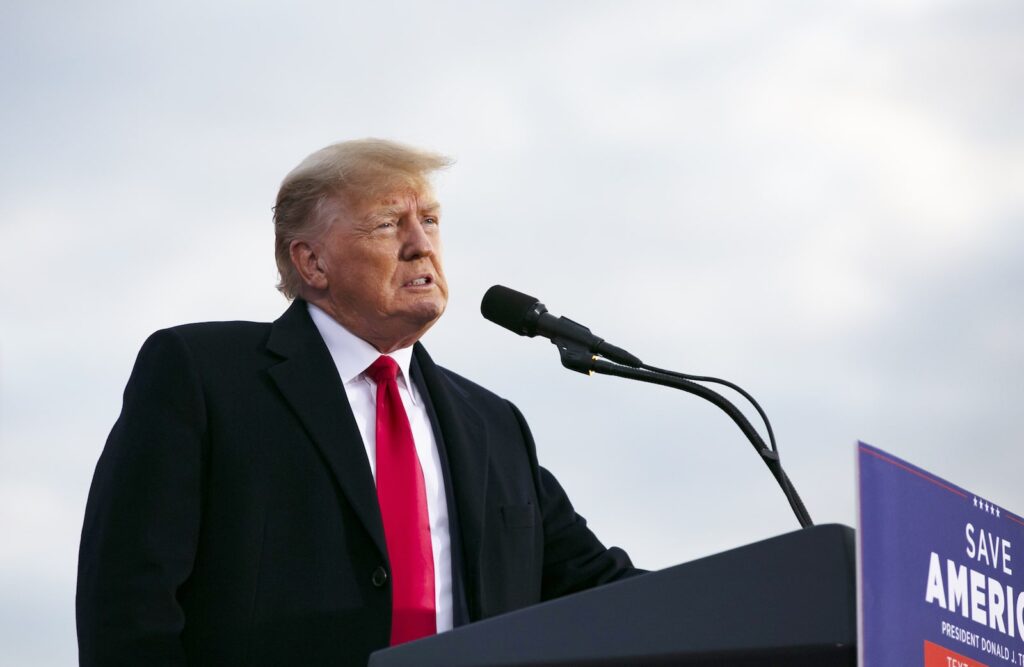
The records
The Presidential Records Act, passed in 1978 in the aftermath of the Watergate scandal, is central to this case. Donald Trump, citing the act, contends that it afforded him the authority to declassify documents, including those integral to national security.
However, legal experts are challenging Trump’s interpretation of the Act. The legislation was intended to ensure that Presidential records are preserved as property of the United States government. While it is true that outgoing Presidents may remove personal files, the definition of “personal records” is decidedly narrow.
Peter Margulies, a law professor at Roger Williams University, elucidated that personal records pertain strictly to items of a “purely private or nonpublic character.” He further asserted that any record bearing relevance to presidential decisions on foreign policy or national security is unambiguously a Presidential record.
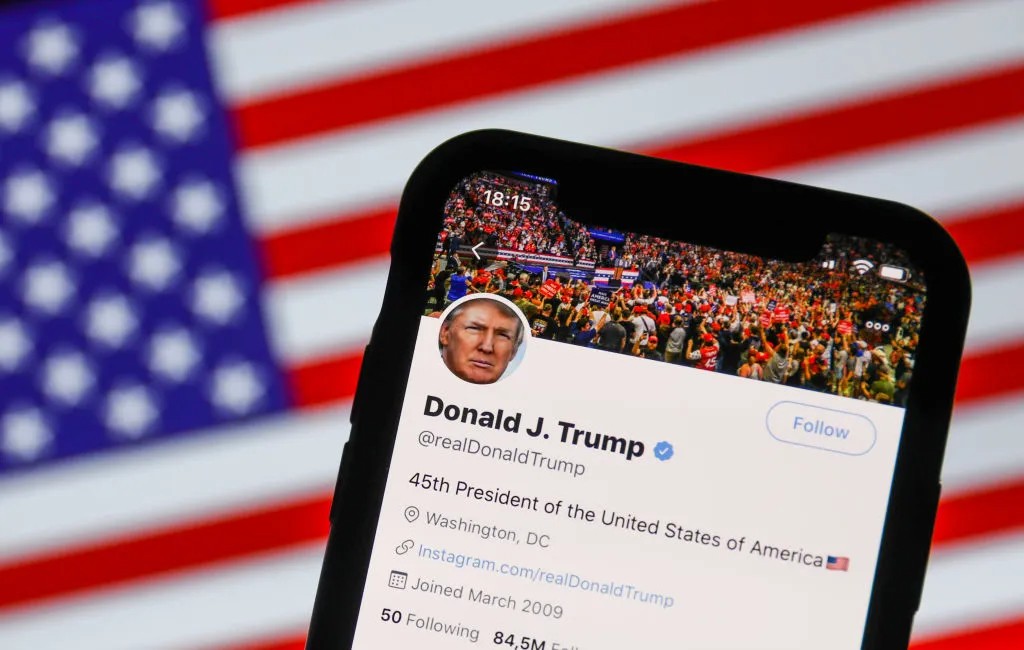
The unraveling
The Department of Justice, led by Attorney General Merrick Garland, shows no signs of acquiescing to Trump’s demands. The special counsel, Jack Smith, was appointed in November 2022 to meticulously investigate Trump’s handling of classified information.
The investigation made headlines in August when the FBI conducted a search at Trump’s Mar-a-Lago estate in Florida, recovering approximately 11,000 documents. Among them, roughly 100 were marked as classified, further cementing the gravity of the allegations.
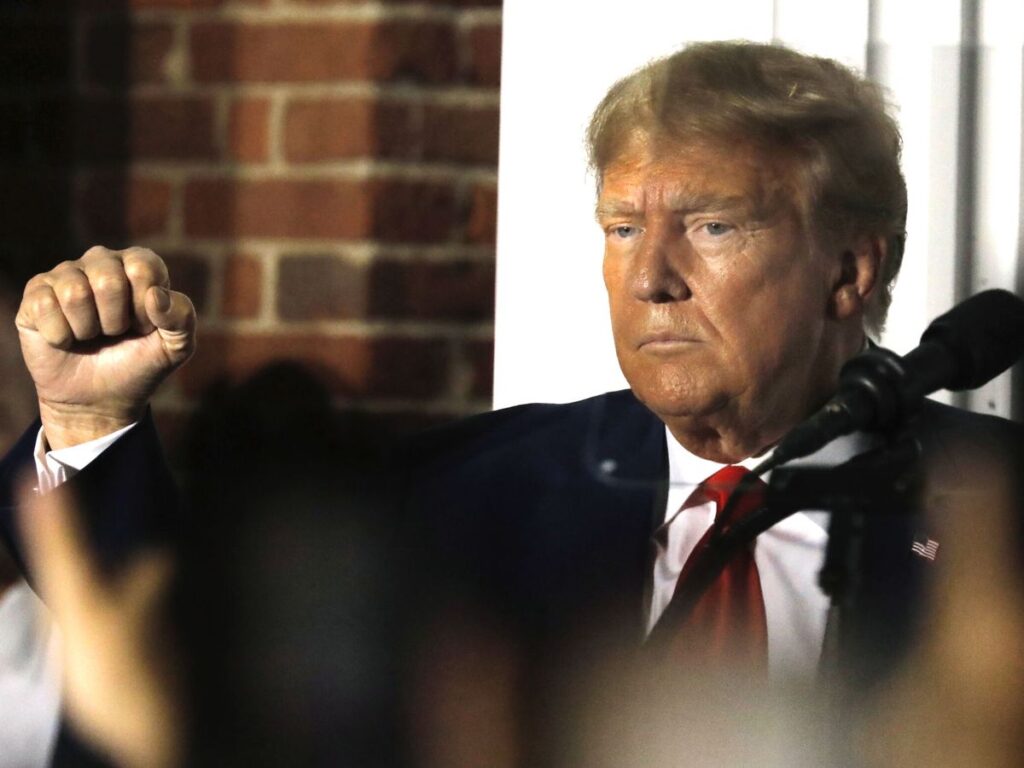
The implications
The stakes are monumental. The former President faces charges under the Espionage Act, among others, which could culminate in a substantial prison term if convicted. The prosecution faces the arduous task of convincing a Florida jury of Trump’s culpability in retaining classified documents and resisting governmental directives to relinquish them.
Donald Trump has remained steadfast in his defense. He has painted this investigation as a witch hunt, a characterization that has resonated with his base. In a political climate where trust in institutions has waned, the outcome of this case could have far-reaching implications.
Furthermore, Trump’s framing of the investigation as persecution has had tangible benefits for him. A fundraiser dinner at his New Jersey Bedminster golf club raised an estimated two million dollars, evidencing that his supporters are rallying around him.
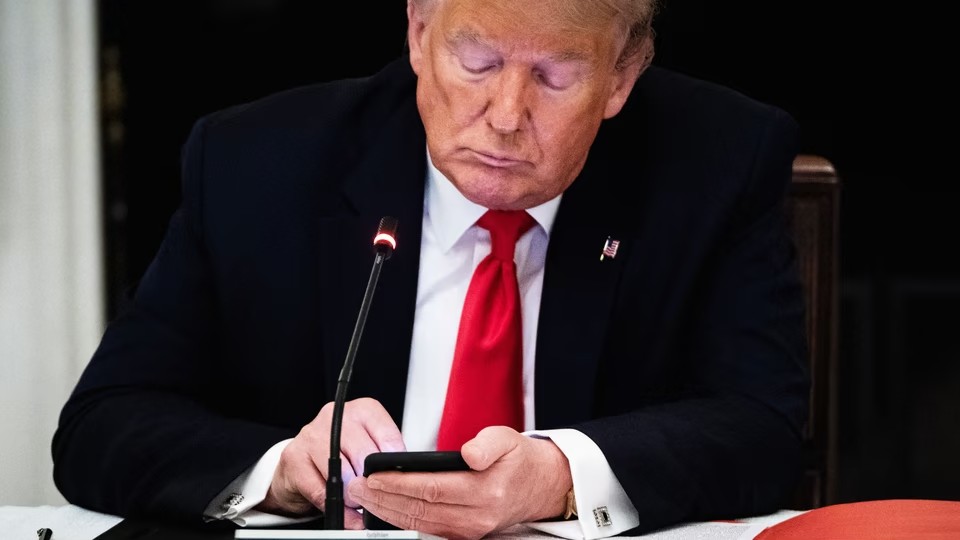
The horizon
As the legal proceedings trudge forward, they invoke not only questions about Donald Trump’s actions but also broader reflections on Presidential accountability and the rule of law. The case has become a focal point in the national dialogue and its resolution will likely reverberate through the annals of American history.
With the chips on the table, this case will test the integrity and robustness of American institutions. It begs the question – will justice be served impartially, irrespective of the stature of the individual involved?
_



